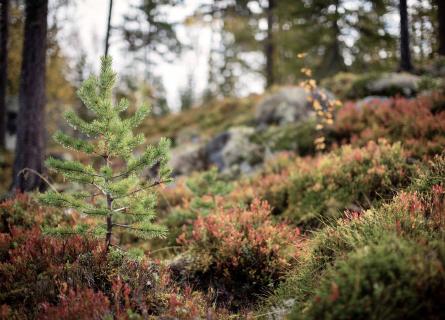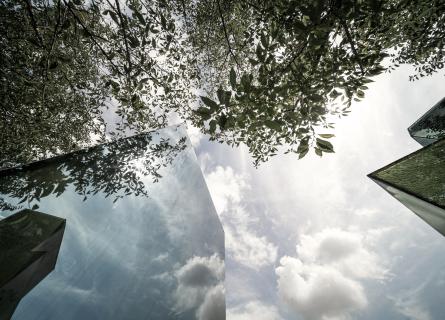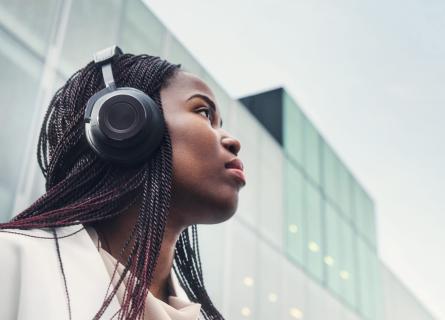
Are you afraid of the blank paper, or is it an opportunity for you?
The sustainability transition requires creativity and imagination
The holiday season, or even a shorter stint to take a break, can be decisive for the development of matters. When you get a moment to breathe deeply after a tightly scheduled everyday routine, your brain does not turn itself off by any means. It switches gears to creativity instead.
Written by Nani Pajunen
Creativity and imagination as skills and attributes are often associated with people working within art. They are taken for granted within artistic disciplines and part of everyday ways of acting. That same creativity and imagination are needed everywhere in society, in all endeavours involving something new. Creativity is crucial for both research and development and business as well as for other areas of society where there is a need for developing and implementing new ideas.
Creativity is a skill for creating something new, using your imagination, presenting the right questions, searching and finding solutions to problems, and developing new and different ways of acting. It calls for questioning the status quo and the ability to see things from a different perspective, in a new light.
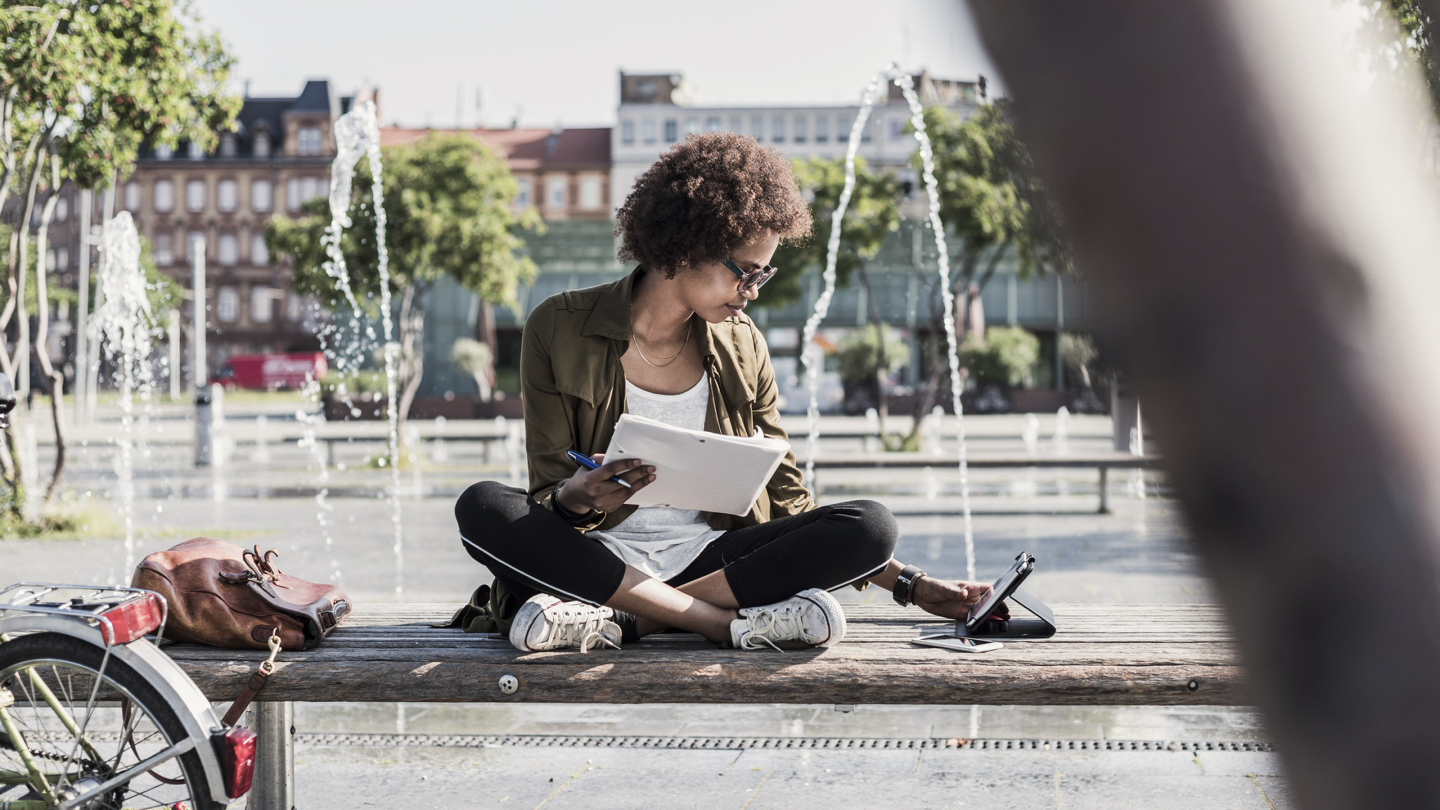
You’ll need to dare plunge into the unknown, trust your own process of thinking and be ready to try out new things.
We’re facing something new in the sustainability transition. Do we know what a society and economy working within the carrying capacity of our planet looks like, or how it works? Can we even imagine it?
How can we define creativity?
According to Encyclopedia Britannica:
creativity, the ability to make or otherwise bring into existence something new, whether a new solution to a problem, a new method or device, or a new artistic object or form.
The same source recounts that creative individuals tend to be independent and nonconformist in their thoughts and actions. When working creatively within their field, the significance of their knowledge and know-how becomes emphasised. 1
Independence is critical to the creative process as creative people often need to work alone and be prepared to express their ideas or develop products that others may consider radical. 2 However, this does not mean that working alone solves problems, but that we must have the opportunity to work independently alongside our other work and reconvene to convert solutions into actions.
A third common attribute between creative individuals is combining curiosity with problem-seeking. These individuals have a need to discover novelty and the ability to pose unique questions. 3 I.e. when we see problems or challenges in front of us, do we enthusiastically seek solutions for them or merely state that they're too difficult to solve?
All of us have the ability to imagine
Research on using creativity and imagination always states that unscheduled time is the most important factor. Our brains work diligently even when on standby mode, especially when not tied to a tight schedule and performing tasks. They can also be inspired to create something new. Leisure may provide more opportunities for encountering such novelties. Seeing and feeling new things serves as a catalyst, kickstarting a creative process within the brain.
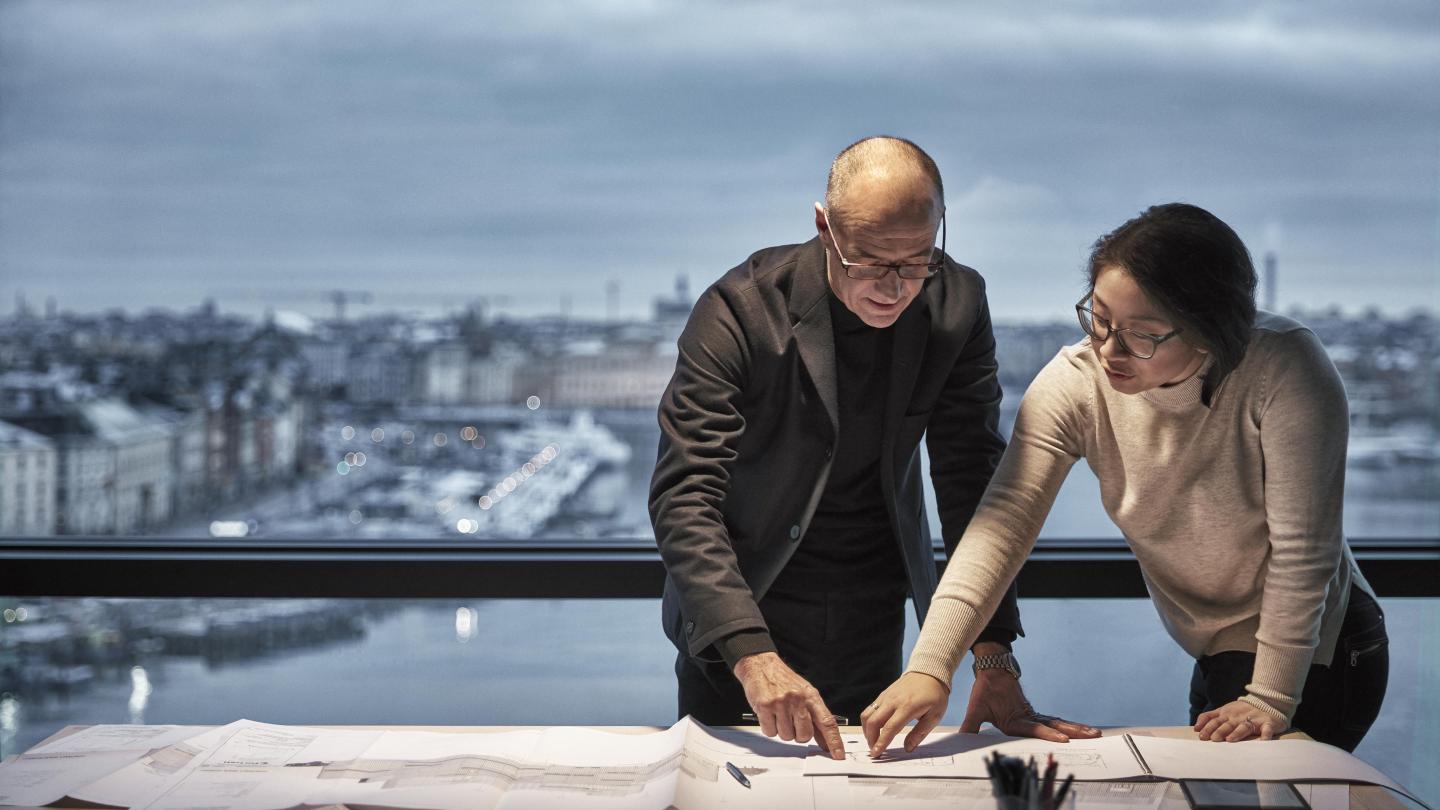
However, we regrettably often only switch gears to creativity during our spare time. The libraries within our minds contain a tremendous amount of knowledge, and when an open question remains wandering there, the brain starts to work on the problem subconsciously. Raise your hand if you’ve ever noticed that new ideas start to sprout in your mind whilst jogging on the weekend or when you’re having a long, relaxed morning coffee during your summer vacation.
It would be crucial to work creatively all year round. It won't happen on its own, but creative work requires planning and reserving time in the calendar on a regular basis. You should reserve and take time to plan something new. Although one hour will not be enough – in practice, the first reservation goes to taking care of unfinished tasks. Be brave and schedule another hour or more. Sometimes it may take longer to get mental work started. Maybe the next reservation is the one where you will find that moment of stasis, a tiny bit of boredom, which signifies your readiness to enter a creative mindset.
The sustainability transition requires imagination
For over 100 years, the world economy has been and still is based on overconsumption. We consume too much of our natural resources, energy and water. Consequently, we find ourselves in the middle of a sustainability crisis where climate change, loss of biodiversity and water shortage force us to adapt in many areas.
The sustainability crisis requires radical changes in all sectors of society. We already have ambitious objectives set in climate negotiations, marine conservation agreements, as well as in the EU’s carbon neutrality and biodiversity conservation objectives. Nevertheless, the most important goal would be to agree on a shared understanding of what a sustainable and fair global economy functioning within the carrying capacity of our planet would be like. Just defining this objective calls for creativity and imagination, in addition to actions with which we can get there. In other words:
- What do we need to have a good life?
- What is the definition of a sufficiently good life?
- How can we guarantee a good life for both human beings and nature?
Challenge your brain to solve problems
In my own work, I’ve tested how the brain functions. While working on my doctoral dissertation alongside regular work, I often listed difficult questions before leaving for my holidays and shut down the computer for the duration. It took just a few days before the brain started working on the topic of problem-solving.
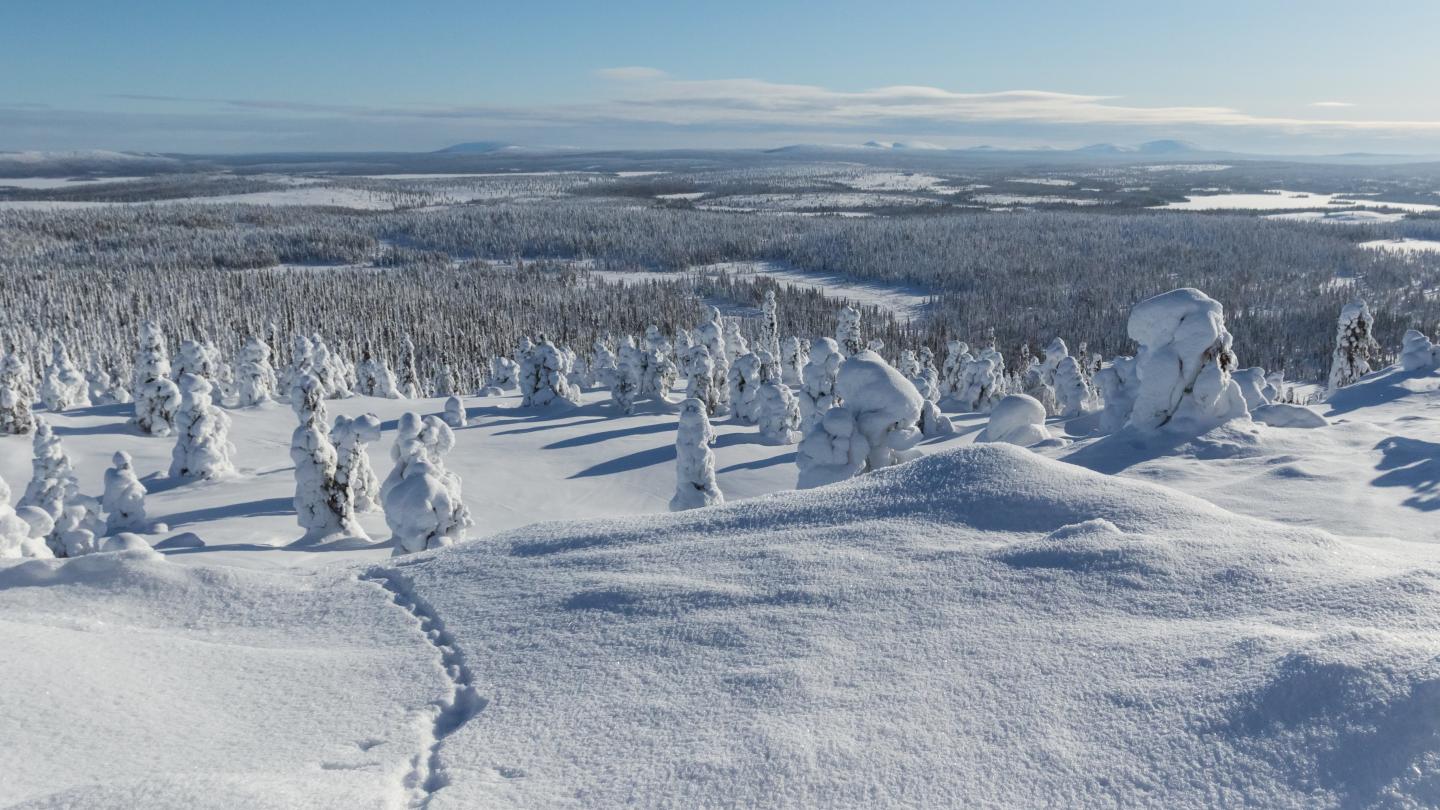
When your calendar is free from meetings on vacation, and your brain processes the past year during a time of idleness, let your thoughts flow freely and release your imagination. Let those thoughts wander in the library of your brain, to stray its hallways. Pose questions, challenge your established way of thinking and acting, and wait for the results. Dare to let go and imagine, trust your own creativity, and, most importantly, leave room for imagination even for the time after the holidays!
Have a summer full of creativity and imagination!
About the author
The author, Nani Pajunen, is a sustainability transition and carbon neutral circular economy expert at The Finnish Innovation Fund Sitra, who has close ties and collaborates with the Sustainability Consulting team of AFRY Management Consulting. She has never studied circular economy but natural and material sciences, environmental law and pedagogy. Nani has a vision and goals towards which she proceeds in her work and she utilises all the skills she has accumulated in her studies and career to get there.

AFRY Management Consulting
With more than 700 consultants across over 20 offices on 5 continents and supported by 19,000 experts at AFRY in design, engineering and digitalisation, we are driven by the idea of helping our clients find solutions to business-critical questions.
